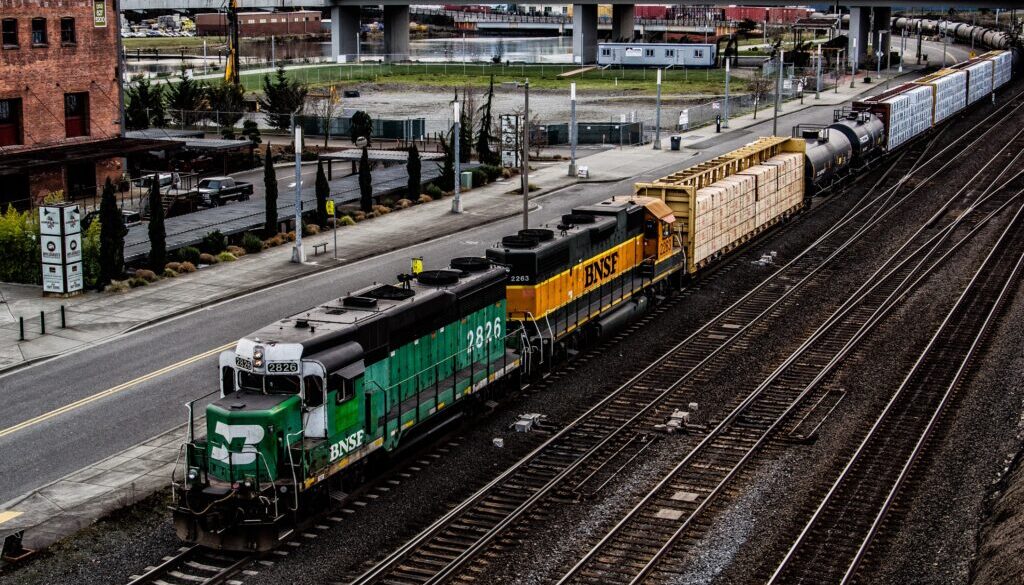Rail Strike Officially Averted
What’s New?
On Dec. 2 President Joe Biden signed a bill to end the long-standing labor agreement between a freight rail station and its union workers and mitigated a rail strike.
“The bill I’m about to sign ends a difficult rail dispute and helps our nation avoid what without a doubt would have been an economic catastrophe at a very bad time in the calendar,” said Biden, adding that his team helped negotiate a “good product, but we still have more work to do in my view.”
Biden acknowledged the concern the unions had with their allotted sick leave.
“I’ve supported paid sick leave for a long time,” he said. “I’m going to continue that fight until we succeed.”
While the vote failed in the Senate, House Democrats nearly passed a measure to add seven days of paid sick leave to the tentative agreement, but that change fell eight votes shy of the 60 votes needed for Senate passage.
Background
If you’ll recall, on July 15, President Joe Biden blocked a freight railroad strike in Omaha, Nebraska. This strike would disrupt the fragile supply chain by delaying the shipment of goods for at least 60 days.
To combat this, President Biden appointed a board of arbitrators, the Presidential Emergency Board, to help the dispute with contract building and negotiation mediation.
The appointed Presidential Emergency Board gave the 12 unions involved a 124-page report outlining their suggested terms.
One of the biggest suggestions was a 24% raise for the 115,000 rail workers.
Early on Sept. 15, it was announced that the six Class I railroads and union workers reached a tentative deal with the management council for the rail carriers.
The tentative deal prevented about 115,000 conductors, engineers, and other employees from staging a walkout.
In a statement by President Biden, he said this deal would guarantee “better pay, improved working conditions and peace of mind around their health care costs.”
Just when we thought the rail unions and railroads had reached a deal that pleased both parties, on October 10, approximately 12,000 union workers voted against the tentative labor agreement.
On Nov. 21, it was announced that The Sheet Metal, Air, Rail, and Transportation Workers union and their 500+ Transportation Division members rejected the tentative agreement negotiated in mid-September by Labor Secretary Marty Walsh and other officials.
On Nov. 30, the United States House of Representatives voted to pass a bill that would force the railroad and the unions to abide by the terms outlined in the September tentative agreement. The measure passed by a vote of 290-137.
On Dec. 1 the United States Senate voted 80-15 on the bill that would force union workers to abide by the tentative agreement from September.
Conclusion
While this is not the outcome the unions hoped for it is reassuring to know there will be no disruptions to the supply chain due to a strike. In addition to the supply chain, it was estimated that a strike would cost the United States approximately $2 billion per day. For more news like this, be sure to subscribe to our newsletter.
Need Funding for a Semi-Truck or Trailer?
Go Capital Can Help!
We specialize in helping trucker drivers with challenged credit. Get pre-approved today.
No Hard Inquiries – No Impact on Your Business or Personal Credit.





